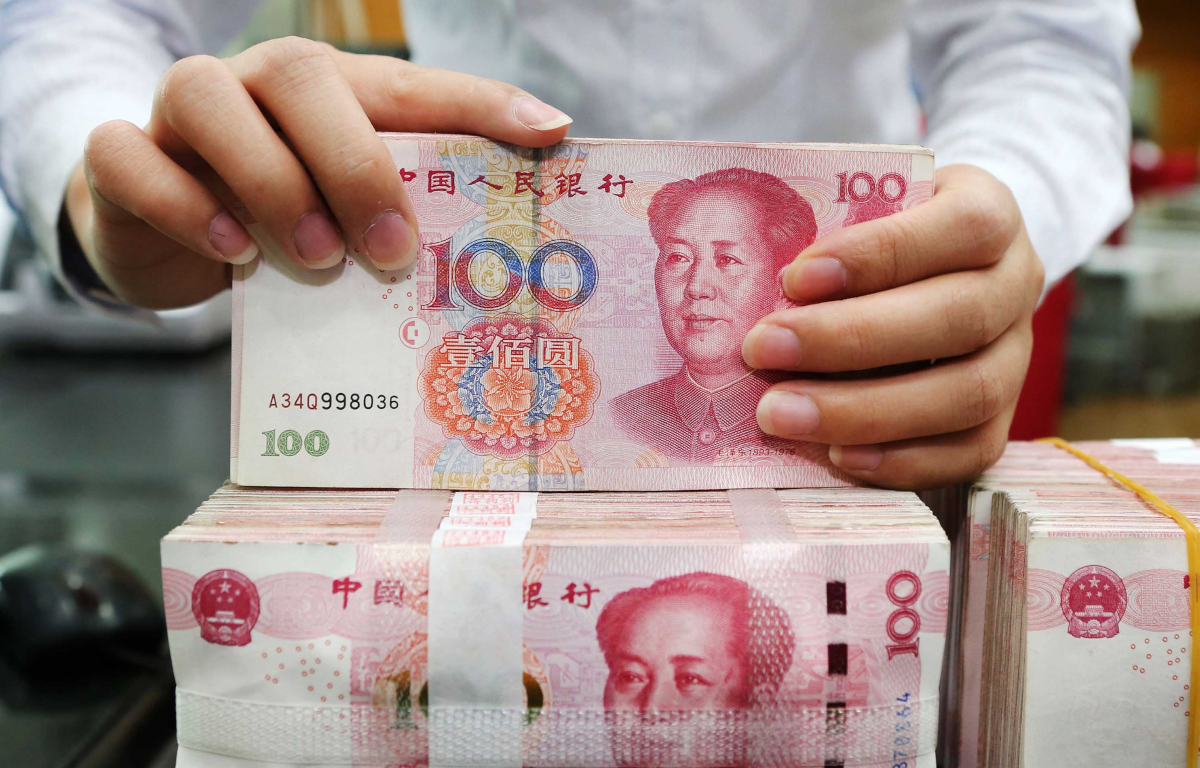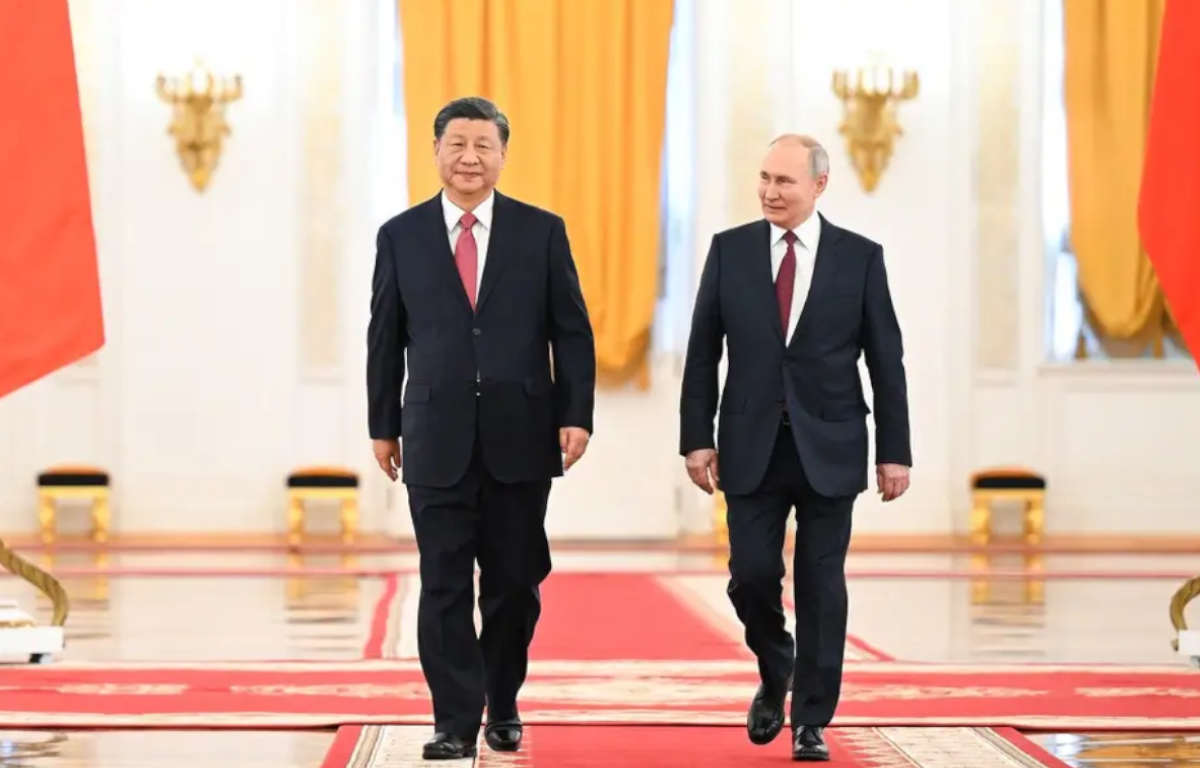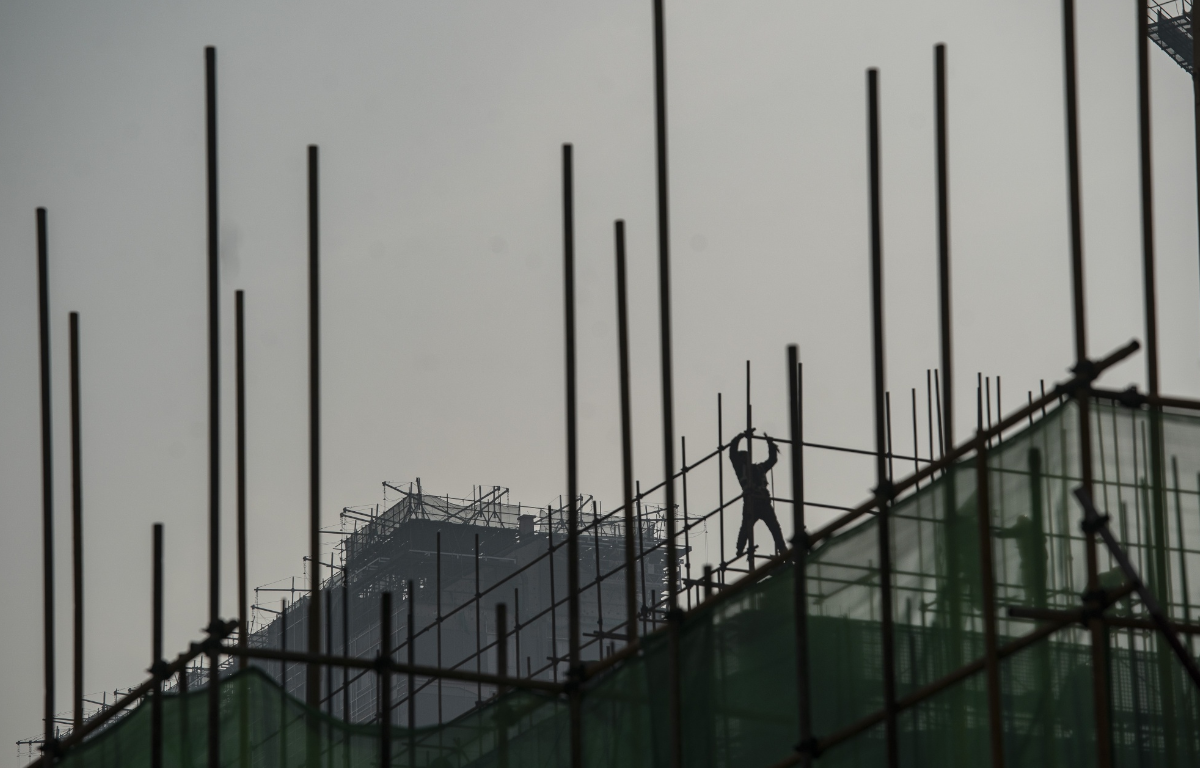
The implications of China’s unfair economic practices are significant. Trade imbalances between China and its trading partners arise due to these practices, negatively impacting industries, employment rates, and overall stability in global markets. National security concerns arise from the theft of intellectual property and forced technology transfers, particularly affecting sensitive industries such as defense and critical infrastructure. These practices compromise the integrity and competitiveness of industries vital to national interests. Furthermore, strained diplomatic relations result from China’s economic practices, leading to increased tensions and trade disputes. Tariffs and trade barriers have been imposed, hampering global commerce and economic cooperation.
To address these concerns, there is a growing call for China to reform its economic practices. Transparency, protection of intellectual property rights, and fair competition are essential for fostering a level playing field in global trade. Strengthening international collaboration and enforcing existing trade agreements are crucial steps towards achieving this. Treasury Secretary Yellen’s criticism highlights the need for continued dialogue and diplomatic efforts to address these challenges and ensure fair and balanced global trade, protect intellectual property rights, and promote economic stability.
Treasury Secretary Janet Yellen’s recent remarks have brought attention to China’s unfair economic practices. These practices, including intellectual property theft, forced technology transfers, state subsidies, and currency manipulation, have significant implications for global trade and economic stability. It is crucial to address these practices through international collaboration, reform efforts, and enforcement of trade agreements to foster fair competition and protect the interests of all participants in the global economy.










Share this: